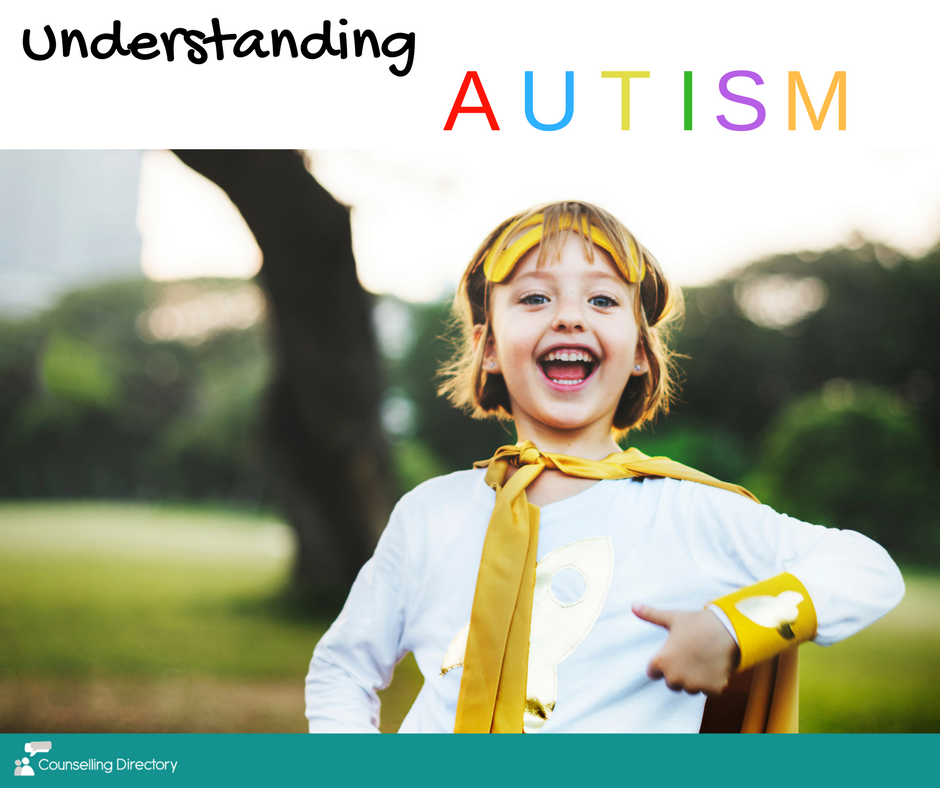Understanding autism
In the UK, it is thought that nearly 700,000 people are on the autistic spectrum. Autism is a developmental disability that affects certain aspects of a person’s behaviour, such as their ability to interact with others. Because autism works on a spectrum, every person can be affected in a different way, with differing severity.

Autism is often misunderstood. It is considered a hidden disability, meaning that no one can tell by looking and according to the National Autistic Society, while 99.5% of the UK public have heard of autism, only 16% of autistic people and their families believe people understand how autism can affect behaviour.
Key characteristics
Communication difficulties – Autistic people may find communicating and interacting with other people difficult. Interpreting what is said and how, can be challenging. Autistic people tend to take things literally, meaning tone of voice, sarcasm and non-verbal communication is more difficult to understand.
Sensory sensitivity – People on the spectrum may be under or over-sensitive to certain senses, such as light, colour, sound or touch. Being over-sensitive to these things can make daily life difficult, and be quite overwhelming. If a person is under-sensitive, they may become fascinated by things, like spinning objects.
Routines – Autistic people tend to find having a routine comforting. Communication difficulties and sensory sensitivity can cause anxiety, so making our unpredictable world a little more controlled can help them feel safe.
Highly-focused interests – Autistic people will often have specific interests. These tend to begin in childhood and can either change as they grow older, or remain the same. It is common for autistic people to channel their interests into meaningful acts; such as hobbies, work or volunteering.
Support for autism
There are times in life when we will all need a helping hand, it’s important to know that asking for help is nothing to be ashamed about. Support is available. Because autistic people are more likely to be affected by mental health problems than those not on the spectrum, autistic people and the people who care for them can benefit from seeking support.
Connecting with other autistic people can be very helpful. There are online and offline support groups available, where you can talk to those who share similar experiences, or at least have an understanding of autism. While autism affects people differently, the challenges can be similar and sharing experiences with others can be comforting.
If you are autistic or care for an autistic person, you may be eligible for financial and social support. You can find more information on the National Autistic Society’s website.
Sometimes professional support is needed. Sometimes the challenges you face can build and overwhelm you, but talking to a professional, like a counsellor can help. A counsellor with experience of autism can encourage you to talk about your feelings and help you overcome the challenges you face in your everyday life.
What do you wish people knew about autism?
We asked integrative counsellor, Tim Grivell what he wishes people knew about autism.
“My instinctive response was about empathy – namely, that people on the autistic spectrum, contrary to popular belief, can feel strong empathy for others. Often it is emotional empathy – feeling the other person’s feelings – rather than cognitive empathy, but not in all cases. The difficulty in identifying emotions in others, or in some cases, the ability to correctly identify the emotion, but perhaps lacking the social constructs around appropriately responding to that emotion, can lead to a huge misconception that autistic individuals are cold, uncaring or cruel, when often the opposite is true.
I have known at least one incidence of autism being dismissed as a possibility by a psychiatrist, on the grounds that someone who was training to become a counsellor couldn’t possibly demonstrate the empathy necessary to be a therapist if they were on the autistic spectrum.
As a counsellor with a diagnosis of mild Asperger’s myself, I was understandably frustrated at the level of ignorance of what precisely autism is – particularly in someone who, as a mental health professional, is expected to have a fairly thorough working knowledge of these things.”

Find a therapist dealing with Autism
All therapists are verified professionals





